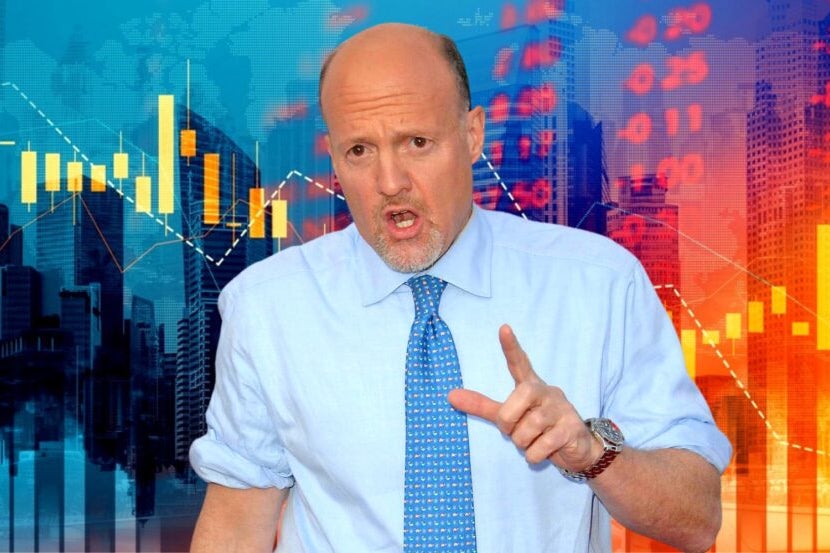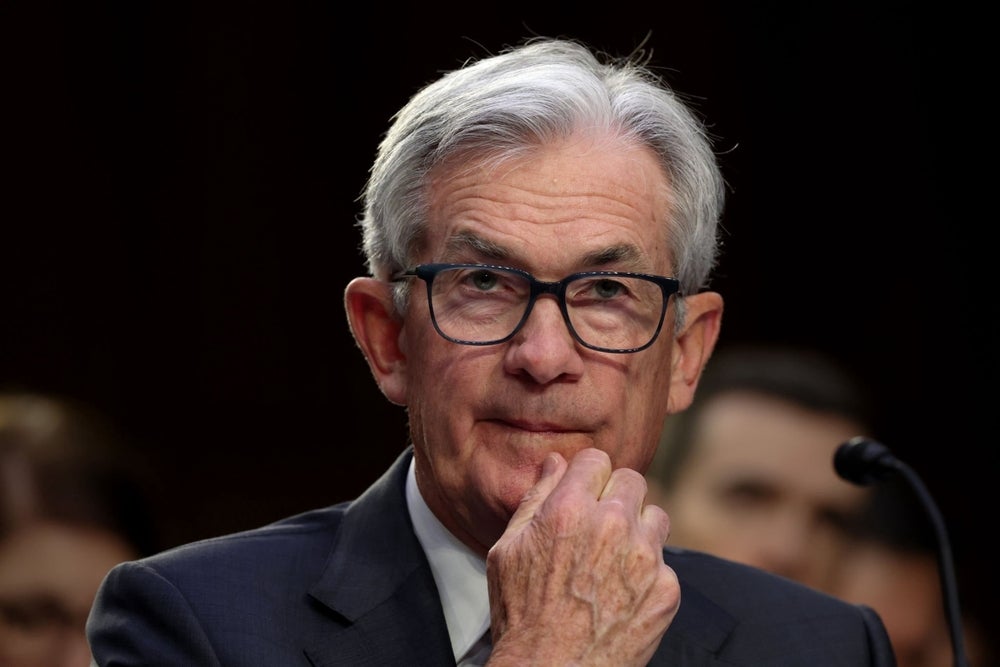Read for 5 minutes (Reuters) – LONDON, July 1 (Reuters) – In the first half of 2021, European stock market listings soared to their greatest level in 14 years, thanks to massive monetary stimulus and pent-up demand for growth businesses, which created ideal conditions for companies to go public. However, a number of agreements that have been canceled in recent weeks have put doubt on investors’ willingness and ability to continue to absorb such high levels of issuance. According to Refinitiv statistics, European initial public offerings (IPOs) reached their best level for a first half of the year since before the financial crisis, with companies raising $43.2 billion through listings. Pre-pandemic, the sum had risen from $5.4 billion last year to $8.7 billion this year. Overall stock market fundraising in Europe, which includes secondary share issuance via rights issues and overnight block transactions, reached a new high of $143.05 billion. “The first quarter of the year saw magnificent market circumstances for IPOs,” said James Fleming, Citi’s co-head of global equity capital markets. Other bankers in similar jobs across the street agreed, with some claiming they had never seen better conditions. “We didn’t expect IPOs to bounce back so quickly Because investors had made a major shift to growth stocks. Although there has been a lot of issuance, investors are still interested “Rob Leach, Jefferies’ head of equity capital markets in Europe, the Middle East, and Africa, said as much. Unprecedented monetary support from central banks around the world, led by the Federal Reserve of the United States, propelled global markets to new highs and encouraged investors to take more risks. Globalization of the economy As a result of the COVID-19 crisis, most of this money was channeled towards growth assets like IT companies. InPost, a Polish logistics service, Auto1, a German online auto reseller, and Dr Martens, a legendary British boot brand, have all issued into this burgeoning market. In the largest German offering since 2018, Vodafone’s towers company Vantage Towers raised 2.3 billion euros ($2.7 billion), while Deliveroo collected 1.5 billion pounds ($2.1 billion) and Acciona Energia raised 1.5 billion euros in the biggest Spanish IPO since 2015. Click here for an interactive version of these graphs: tmsnrt.rs/2UVsAsC tmsnrt.rs/3qFTlgAS, tmsnrt.rs/3qFTlgAS As the year continued, speculation that policymakers could withdraw some of that assistance due to advances in vaccination programs took the edge off the market. App for meal delivery At the end of March, Deliveroo priced its London IPO at the top of the range, for a valuation of 7.6 billion pounds ($10.53 billion), and its shares plummeted 30 percent on their first day of trading, a record first-day decline. Since then, the initial public offering (IPO) market has been busy, but selective. “IPOs must be intelligently constructed, and they will stay exclusive, which is precisely how it should be,” said Jefferies’ Leach. “You should de-risk the entire process as much as possible, address investor concerns, and look into valuation. There should be no unpleasant shocks if the procedure is followed appropriately “he stated In May and June, companies like Primafrio, PHE, Marex Spectron, Nordgold, and Huvepharma pulled their IPO attempts, while others like Alphawave and Made.com traded down in the aftermarket. Investors were concerned about the size of the firm if it was not large enough to be included in the major indexes, according to bankers who worked on some of the deals. “In very busy markets, scale is a criterion investors focus on, and inclusion into (indices like) the FTSE 250 will improve liquidity and demand from the start,” said Barry Meyers, Head of UK and Ireland Equity Capital Markets at JPMorgan. “Naturally, given the record issuance we’ve witnessed, there are some signs of investor fatigue now,” he said, “but the underlying issuance drivers remain intact.” Even larger firms are having to moderate expectations, with Acciona’s renewables unit’s much-anticipated IPO priced at the bottom of an indicated price range, a level its chief executive described as “not desirable.” However, the pipeline remains full, with bankers anticipating about 30 IPOs in the September/October timeframe, claiming that liquidity will not be an issue. “The growth nexus remains extremely strong for investors: we expect tech, healthcare, fintech, and renewables to be well represented for the remainder of the year,” said Citi’s Fleming. While investors’ pickiness is a difficult route for issuers to navigate, the topic of central bank policy will loom over the market in September, with both the Fed and the European Central Bank set to restart its “tapering” discussions. After the summer, participants may return to a drastically different market. (1 euro = 0.8436 euro; 1 pound = 0.7260 pound) Abhinav Ramnarayan contributed reporting, while Pravin Char edited the piece./n
Read MoreEurope feasts on ‘sublime’ IPO bonanza in 2021. Is it getting bloated?
2021-07-01T11:06:48-04:00July 1st, 2021|





